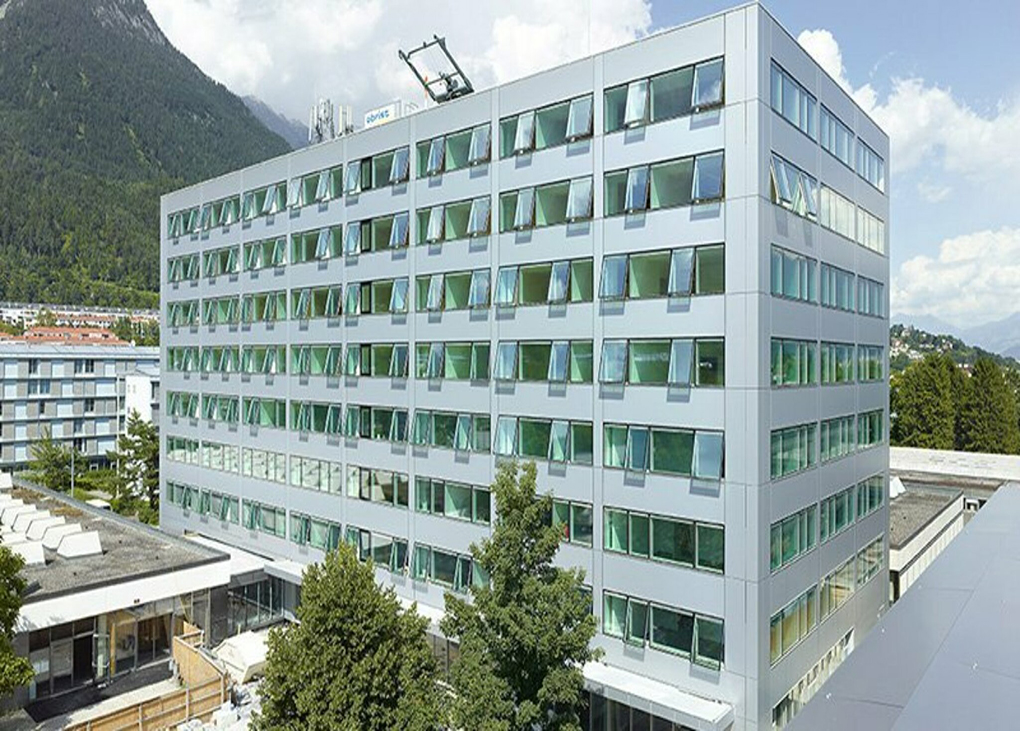Slated for April 2024 in Innsbruck in Austria, the 27th International Passive House Conference is calling for papers.
Recognising the role of existing buildings in the world’s attempts to limit the impacts of climate change, the conference’s theme is, “Retrofit. Have an impact”.
The conference is slated for April 5–6 at the Campus Technik of the University of Innsbruck.
For only the second time since 2011, the Passive House Institute will be hosting a trade fair for highly energy-efficient construction and renovation in Innsbruck, the capital of the western state of Tyrol.
Guided tours to successful Passive House projects in Innsbruck and the surrounding areas will take place following the conference.
“We are very much looking forward to Innsbruck and to organising the next conference together with the University of Innsbruck,” says Jan Steiger from the Passive House Institute. “We will also make it possible to experience successful retrofit projects to the EnerPHit standard first-hand for all those interested.”
The focus on retrofits will be a theme throughout the two-day conference, particularly fast and reliable energy retrofits to the EnerPHit standard. Other topics include the installation of heat pumps and split units, and the goal of reliably achieving a high level of energy efficiency in step-by-step retrofits.
Organisers say the event will also focus on solutions for passive and active cooling, prefabricated components, and highly energy-efficient non-residential buildings and districts. Other themes include Passive House buildings under challenging climatic conditions, and high energy efficiency combined with the generation of renewable energy.
“It doesn’t make sense to wait for technical miracles in order to stop global warming,” says the Passive House Institute’s Laszlo Lepp.
“Our approach is to implement the solutions that already exist: the Passive House concept is scientifically validated, globally applicable, and cost-effective. Through a high level of energy efficiency, the building sector can thus contribute significantly to the energy transition and climate protection.”
For more information click here.
 Matt Dillon
Matt Dillon


Leave a Reply